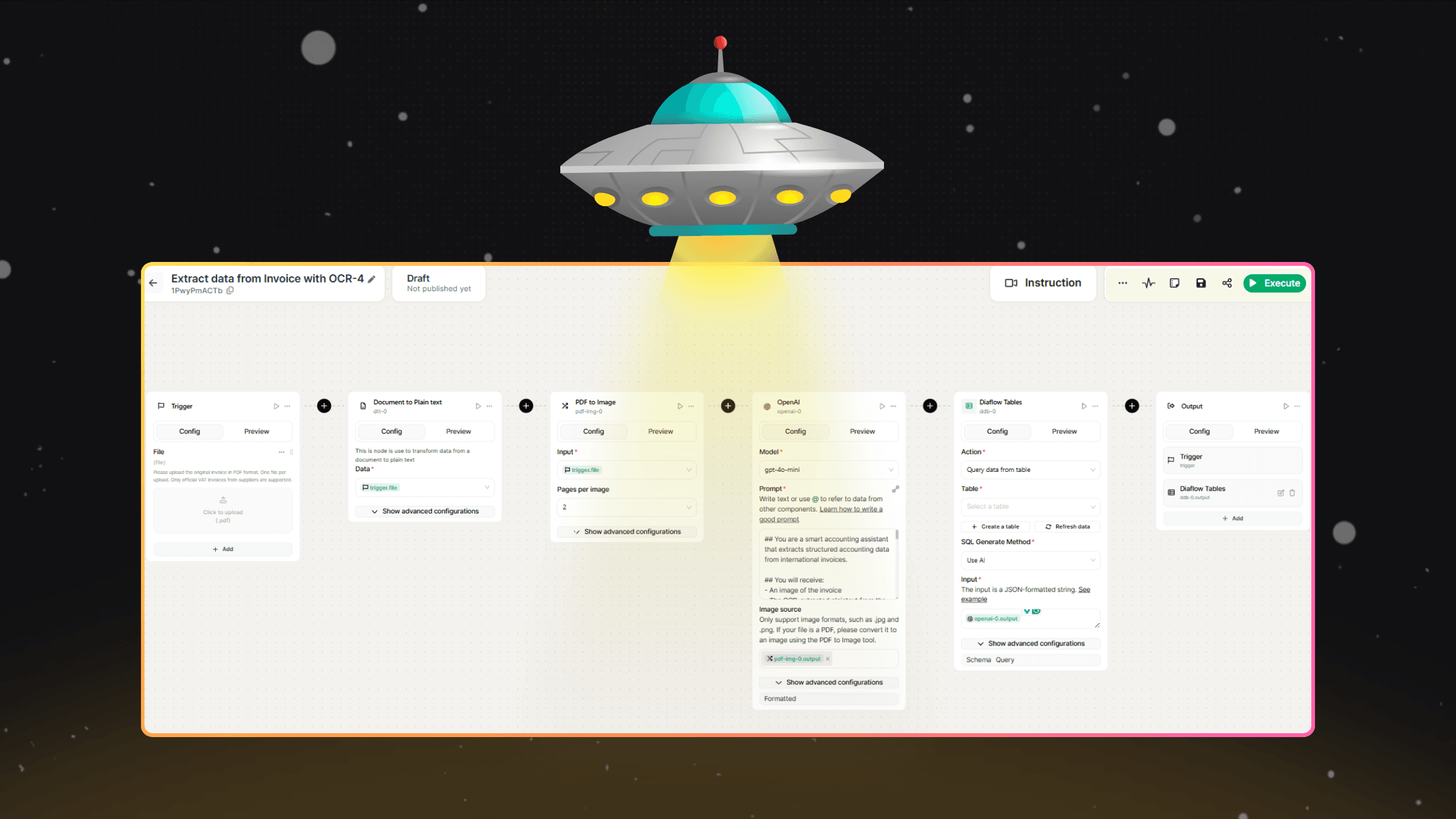
Picture a customer service representative who operates 24/7, processes information faster than any human team member, and manages multiple complex operations simultaneously. This isn't futuristic technology—it's the reality of AI agents revolutionizing retail operations today.
The AI Agent Revolution in Retail
Retail businesses are increasingly adopting AI technologies to accelerate business growth, with solution providers showcasing cutting-edge AI innovations. While previous years focused on generative AI applications, AI agents have emerged as this year's transformative technology.
AI agents represent highly autonomous systems capable of managing complex operations that demand reasoning, problem-solving abilities, and adaptation to evolving circumstances. These specialized systems are designed to execute specific operational tasks with remarkable efficiency.
Understanding AI Agent Functionality
Consider an AI agent as a digital colleague, similar to a travel coordinator or executive assistant. You assign it specific objectives or task sets—such as arranging travel according to your specifications—and it manages all necessary details, coordinating multiple subtasks throughout the process.
Within retail operations, AI agents can manage sophisticated processes including order fulfillment optimization, customer service inquiry handling, and shopping experience personalization using real-time analytics. Unlike conventional automation systems that excel with predetermined workflows, AI agents demonstrate adaptability. They manage uncertainty and exceptions while making informed decisions in situations where standard workflows prove inadequate.
The outcome? Accelerated problem resolution, enhanced precision, and superior experiences for both staff members and customers. However, AI agents require more than simple installation and activation.
AI Agent Integration Process
Implementation resembles bringing a new team member onboard. Just as you wouldn't grant complete independence to a new employee immediately, AI agents require proper guidance to perform optimally.
Follow this comprehensive integration approach:
Agent Training: Begin by providing your organization's standards, protocols, and operational priorities. Ensure the system comprehends your objectives and operational complexities.
Performance Monitoring: Maintain careful oversight of AI agent performance during initial deployment phases. Recognize performance gaps, deliver constructive feedback, and modify system parameters accordingly.
Continuous Enhancement: AI agents develop capabilities over time, but only with appropriate guidance. Approach them as developing team members, constantly improving their abilities to satisfy your requirements.
Treating AI agents as new personnel rather than mere tools establishes appropriate expectations for their utilization.
Standard Workflows Versus AI Agent Solutions
While AI agents offer exciting possibilities, they don't always represent the optimal solution. Standard workflows—those utilizing predetermined rules and logic—often provide more cost-effective solutions for high-volume, repetitive operations. Examples include automated order confirmation communications or inventory replenishment management.
However, complex, dynamic processes can exceed standard workflow capabilities. Consider these scenarios:
Order Fulfillment Complications: AI agents can determine optimal approaches for managing shipping delays or order splitting based on priority levels and service agreement requirements.
Customer Support Escalations: Rather than following inflexible escalation procedures, AI agents can respond to real-time feedback and recommend situation-specific solutions.
AI agents excel in these applications because they can navigate uncertainty and accomplish complex objectives effectively.
Internal Implementation Strategy
AI agent adoption typically begins with internal applications, with employee-focused use cases leading implementation efforts. Here's the reasoning:
Investment Analysis: Deploying customer-facing AI involves significant expense and risk, particularly with developing technology. Best practices involve deploying AI agents to support staff members, such as call center personnel, enabling faster and more accurate issue resolution.
Technology Pioneers: Contact centers frequently adopt new technologies first, especially solutions that reduce call handling duration. AI agents can support onsite teams, delivering substantial investment returns even when not yet economically viable for offshore operations.
Beginning with employee-focused applications allows organizations to refine AI agent strategies, establishing solid foundations for future customer-facing deployments.
AI Agent Solution Assessment
When evaluating AI agent solutions for your organization, consider these essential questions to ensure technology alignment with your requirements:
Output Reliability: Seek solutions emphasizing data precision, dependability, and transparency. Can you rely on AI agent decision-making for critical operations?
Adaptability Level: Retail environments change rapidly. Your AI agent must learn and develop in response to emerging challenges.
Proactive Capabilities: Can the AI agent recognize opportunities or risks before they become significant issues?
Goal Complexity: For scenarios extending beyond simple tasks, ensure AI agents can manage sophisticated decision-making processes.
Autonomy Balance: Establish appropriate equilibrium between independence and oversight. You want AI agents operating independently while maintaining supervision mechanisms.
Furthermore, seek opportunities to engage in AI agent workshops provided by vendors, offering direct technology experience and helping identify potential applications for your organization.
AI agent technology represents an exciting development area, but preparation remains essential. Your next team member might not be human—are you prepared for this transition?

How Diaflow Empowers Retail with AI Agents
Diaflow enables retailers to deploy AI agents that act like tireless team members—handling complex tasks, adapting in real time, and enhancing both employee and customer experiences. As detailed in this blog, these agents go beyond simple automation, delivering intelligent solutions to dynamic challenges like order delays and customer escalations.
With Diaflow’s visual, no-code platform, retail teams can quickly train, monitor, and evolve AI agents for maximum operational impact—without the technical complexity. It’s smart automation, built for the fast pace of retail.



